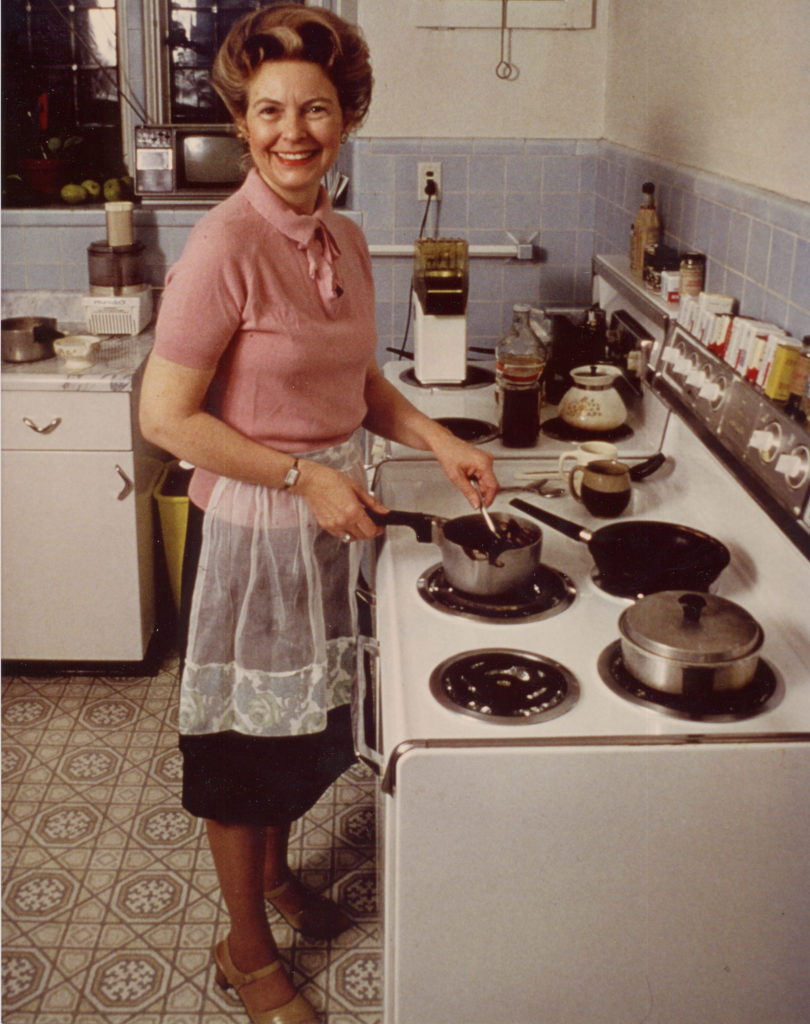Many people believe Phyllis Schlafly wanted all women to get married, stay home for their entire marriages, and devote all attention to their children. Yet, her mother Odile worked as a librarian at the Saint Louis Art Museum and at the City House school to support the family when Phyllis’s father lost his job in the Great Depression. Phyllis herself was no slouch either. She was a published author, congressional candidate, and powerful political force before the fight over the Equal Rights Amendment ever began. If mandatory exclusive matrimony and motherhood for all women was her prescription, Phyllis would be quite the hypocrite indeed.
Unfortunately, that characterization is taking Phyllis’s position far out of context. The very first line of the iconic February 1972 issue of her Phyllis Schlafly Report newsletter says “Of all the classes of people who ever lived, the American woman is the most privileged. We have the most rights and rewards, and the fewest duties.” Her reasoning for this ultimately boiled down to one word: choice. Other nations like the U.S.S.R. required a mother to put her children in daycare so she could take a job outside the home. In contrast, America affords women the choice to get married or not, to have children or not, to volunteer or not, and to take on a full- or part-time job or not.
Phyllis Schlafly was fond of saying that she never told “all women” to do anything. She did say getting married and having children was the most fulfilling thing for most women. However, she fully embraced the fact that this wasn’t the way for everyone, lauding the virtue of individual choice for every American woman.
Feminists wanted to take away the right of women to be full-time homemakers. Their vitriolic rhetoric called the home a “comfortable concentration camp” and wives “unpaid prostitutes.” They made lip service to homemakers, but their policies called for families with homemakers to incur huge tax penalties. They demanded every woman to register for the draft. They demanded every taxpayer to fund abortion-on-demand and free childcare for all. They had zero respect for the right of choice.
Phyllis famously said she “had it all, but not all at once.” She was educated at Washington University and Radcliffe. She got married and raised her six children. She became a legendary political activist. Her time on this earth was full and fulfilling, but she had different focuses for different seasons of life. She wished the very same for others. She wanted every woman to have the chance to pursue her dream or dreams with the full freedom that America offers to all.

